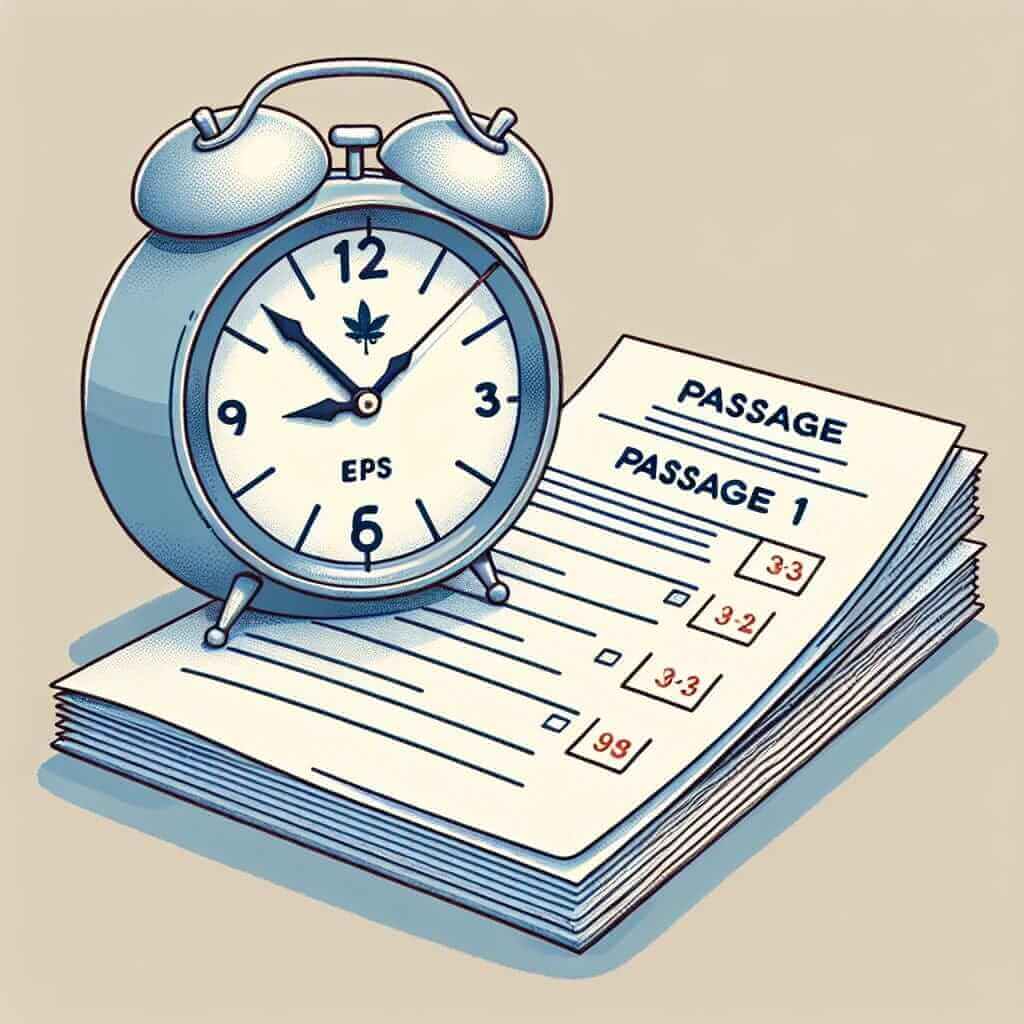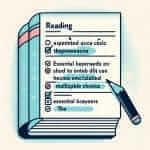The IELTS Reading test is often seen as a race against the clock. Knowing how long you have and how to manage that time effectively is crucial for success. In this article, we’ll break down the duration of the IELTS Reading test, explore why time management is so important, and provide you with expert strategies to help you excel on test day.
Understanding the IELTS Reading Test Duration
Whether you’re taking the IELTS Academic or IELTS General Training, the Reading test is 60 minutes long. During this hour, you’ll need to carefully read three passages and answer 40 questions.
Here’s a key difference to keep in mind:
- IELTS Academic: The passages are taken from academic books, journals, magazines, and newspapers. They are designed to test your ability to understand complex vocabulary, arguments, and opinions.
- IELTS General Training: The passages are more likely to be drawn from everyday life situations, such as advertisements, notices, company handbooks, and official documents.
Important Note: There is no separate time limit for each passage. You must manage the full 60 minutes across all three passages and their corresponding questions.
Why Time Management is Crucial for IELTS Reading Success
The IELTS Reading test isn’t just about your reading comprehension skills; it’s also a test of your speed and accuracy. Here’s why time management is so important:
- Passage Length: The passages are quite lengthy, and you’ll need to quickly identify key information.
- Question Variety: The IELTS Reading test features a wide range of question types, each requiring different reading and thinking skills.
- No Extra Time: Unlike the Listening test, there is no time given to transfer your answers at the end of the Reading section.
 IELTS Reading Test Practice Questions
IELTS Reading Test Practice Questions
Effective Time Management Tips for IELTS Reading
As an IELTS instructor with over 20 years of experience, I’ve seen firsthand how effective time management strategies can significantly impact a student’s score. Here are my top tips:
1. Practice with Timed Tests
The most effective way to improve your time management is to simulate real test conditions. Use official IELTS practice materials and time yourself strictly.
2. Skim and Scan Effectively
Don’t try to understand every single word in a passage. Instead:
- Skimming: Read the passage quickly to get the general idea and identify the main topic of each paragraph.
- Scanning: When you find a question, scan the passage quickly to locate specific keywords related to the question.
3. Learn Question Types
Familiarize yourself with the different IELTS Reading question types (e.g., multiple choice, matching headings, sentence completion). This will help you anticipate what information to look for in the passage.
4. Don’t Get Stuck
If you find yourself struggling with a particular question, move on. It’s better to attempt all the questions than to run out of time on a single one. You can always come back to difficult questions if you have time at the end.
5. Answer Directly on the Answer Sheet
Practice transferring your answers directly onto the answer sheet while timing yourself. This will prevent you from rushing or making careless errors at the end.
Conclusion
Mastering time management is essential for succeeding on the IELTS Reading test. By understanding the test format, practicing regularly, and implementing effective strategies, you can approach the exam with confidence and achieve your desired score. Good luck!


